Has diesel had its day? With the news that four cities across the globe are banning diesel cars outright from their centres, the ongoing Volkswagen emissions furore, plus the added Fiat Chrysler accusations emerging in the US, and doctors calling for restrictions and fines on diesel cars here in the UK as a result of mounting evidence that they’re damaging our health, it seems increasingly likely.
Renault investigated by French government for diesel emissions claims
Good news, you might think – especially if you’re a car enthusiast, many of whom have always loathed diesel. Financially, though, the U-turn we may see is a big cause for concern, as it could set off a chain of events which would result in a price slump on the used car market that would affect many of Britain’s used car owners and buyers.
Already, six British cities have been given the go-ahead to create clean air zones in which drivers of diesel cars could face congestion charges. Ten more are being proposed. In London, a fee of £10 on top of the current congestion charge has been suggested.
Will London's pollution problem spell the end of diesel cars?
Were that to be repeated across the country – and that could be the case as soon as 2019 – it would mean around £200 a month added onto an average city-centre commute. Not exactly pocket change, in other words, and more than enough to provide a big incentive to swap into a petrol model, sharpish. Even those who don’t commute by car would probably avoid buying a diesel if they knew they couldn’t get into any large British city without paying a fee.
So far, there’s been no effect on the price of diesels, according to James Dower, the senior editor of Cap HPI’s Black Book. “It seems that consumer and fleet appetite for diesel vehicle has held up,” he says. “There is no waning in demand for diesel vehicles in the new or used market. Values have moved broadly in line with petrol engined equivalents through 2016, with little visible impact from negative headlines through the year.
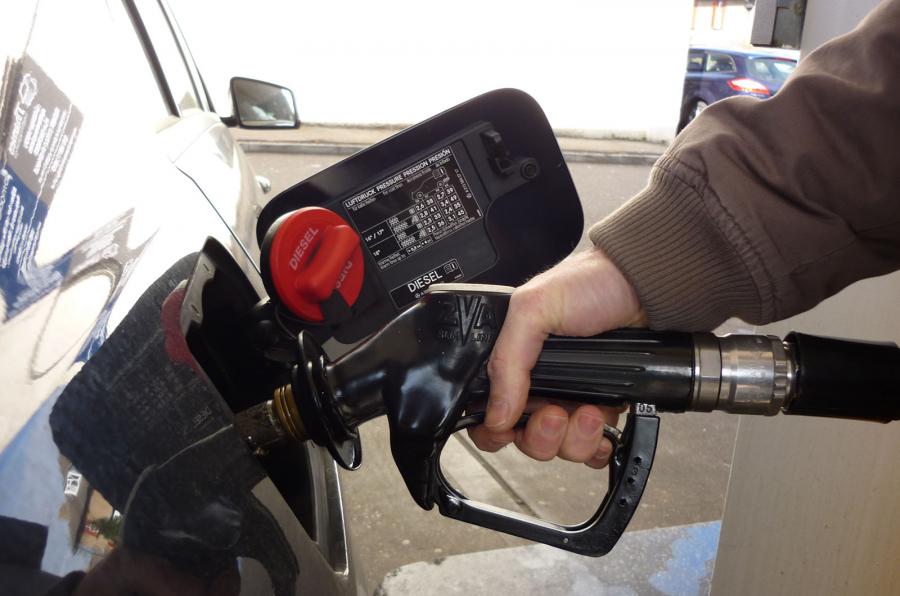

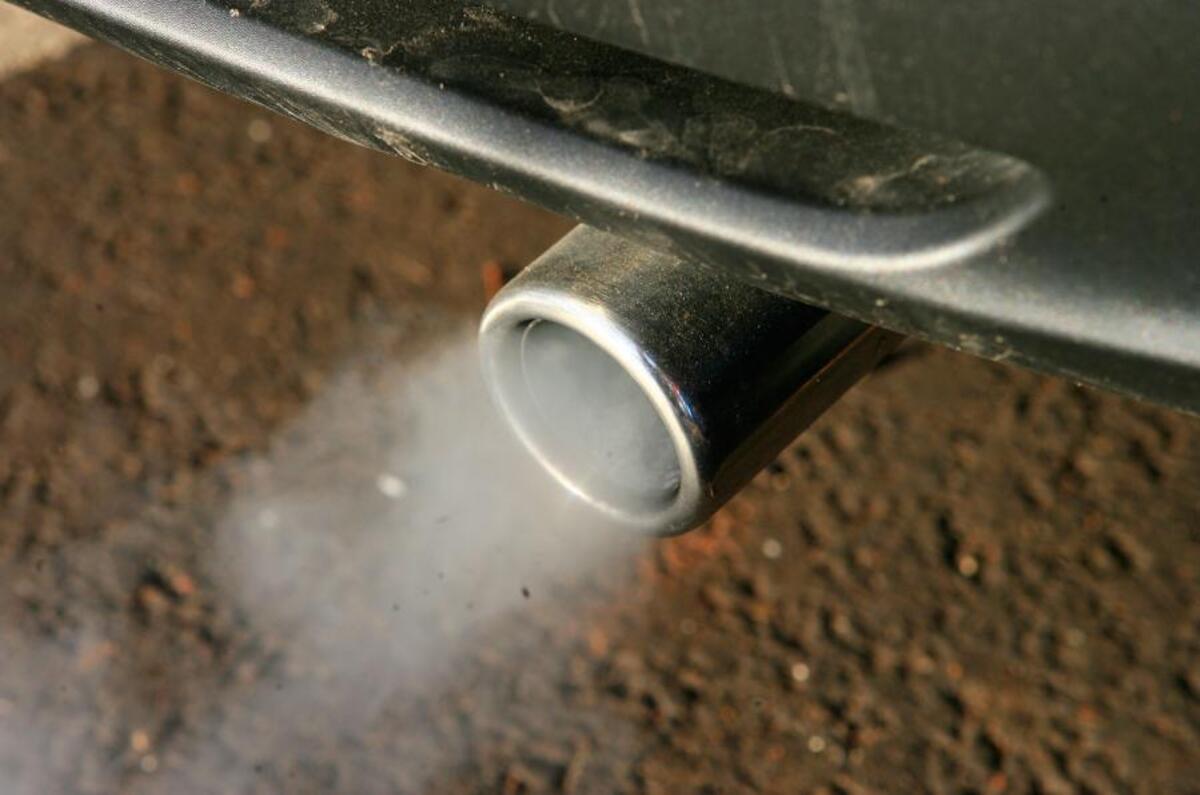
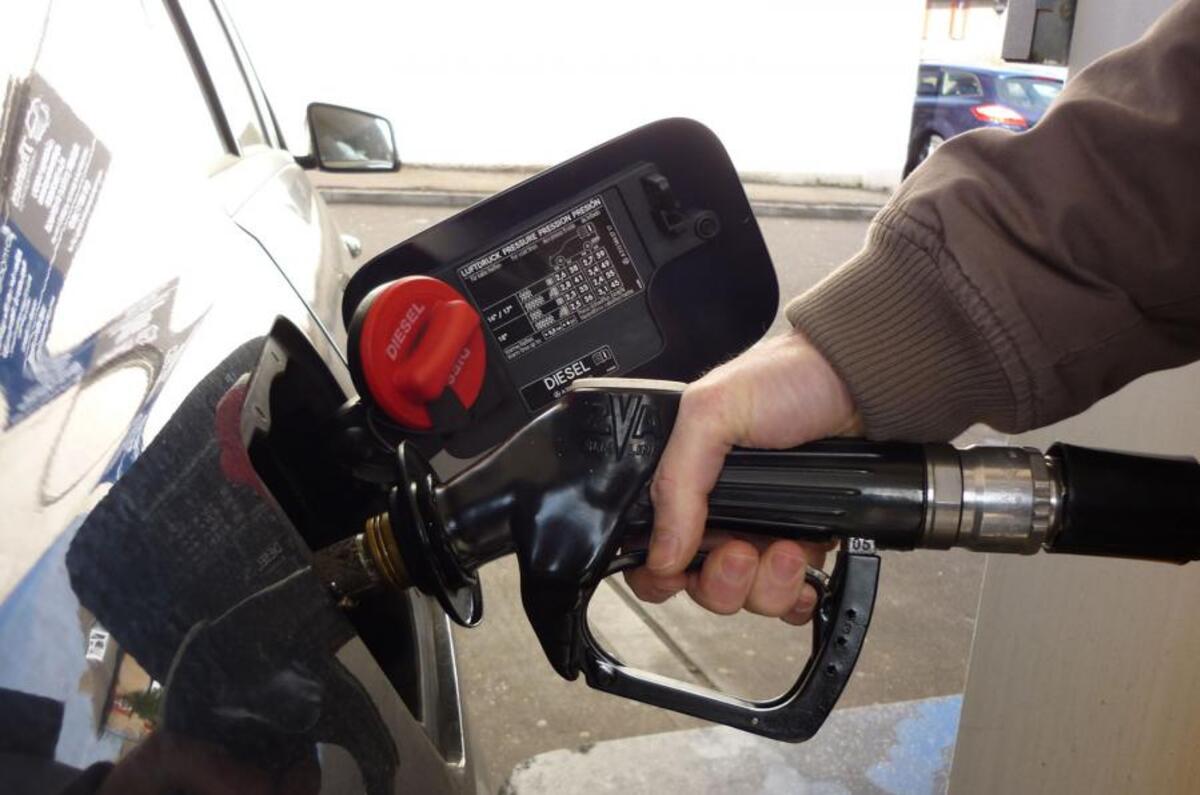
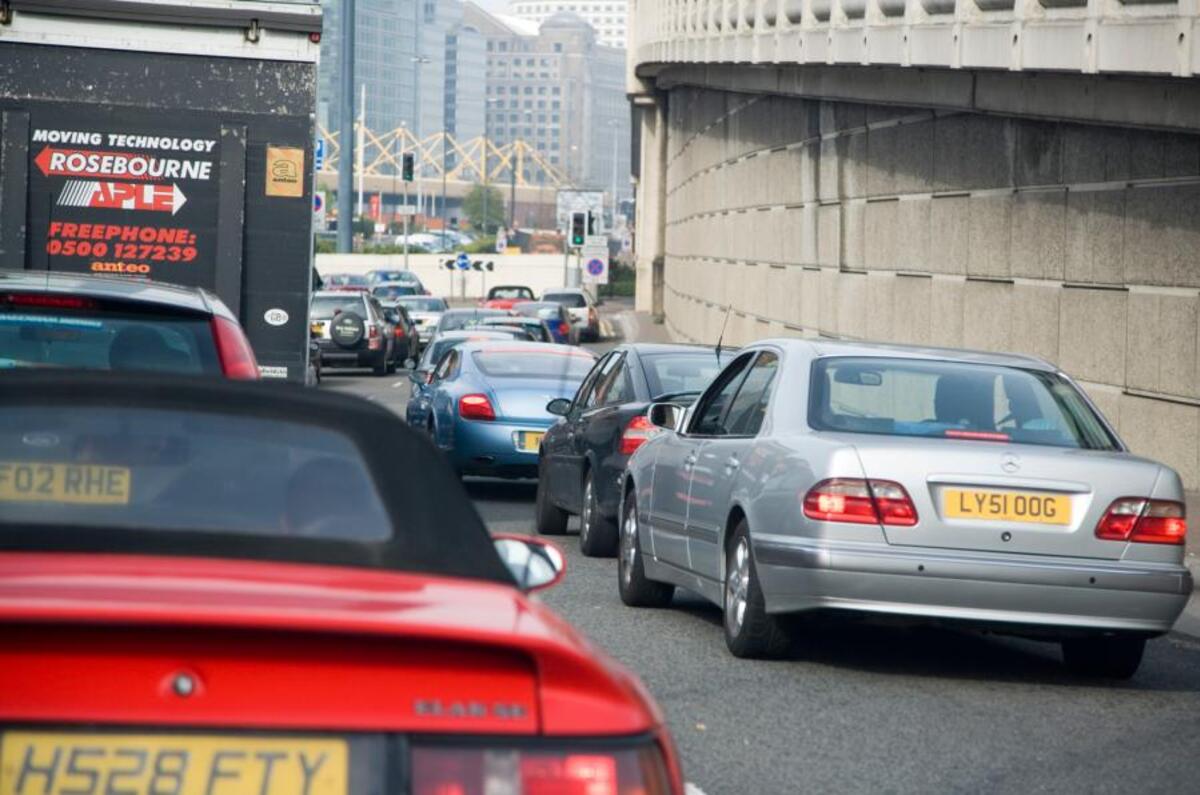
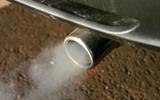





Join the debate
Add your comment
Diesels
Probably also applies to petrol, but a lesser extent as they are inherently cleaner. Some makes turn off diesel engine emissions control at low temperatures - so the engine is not damaged.
@renault-one
Is it time to say goodbye to diesel?